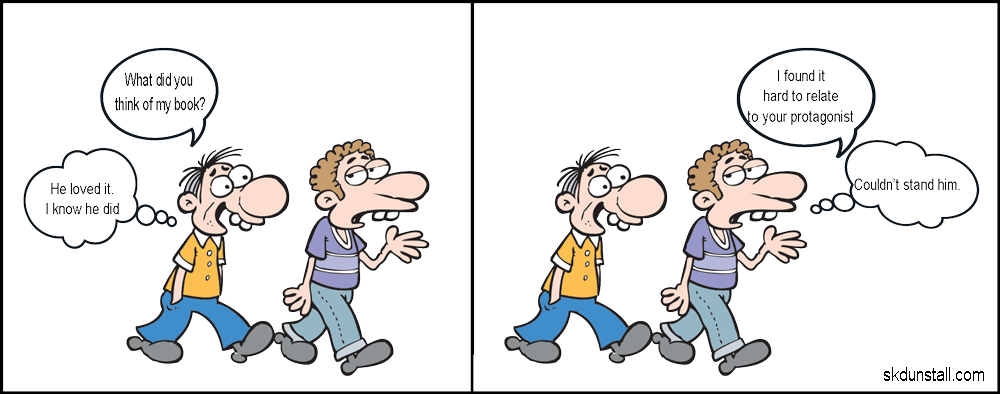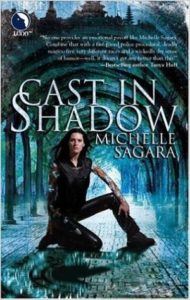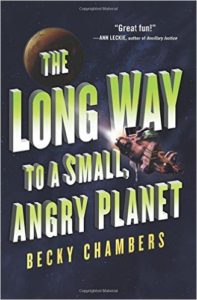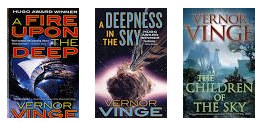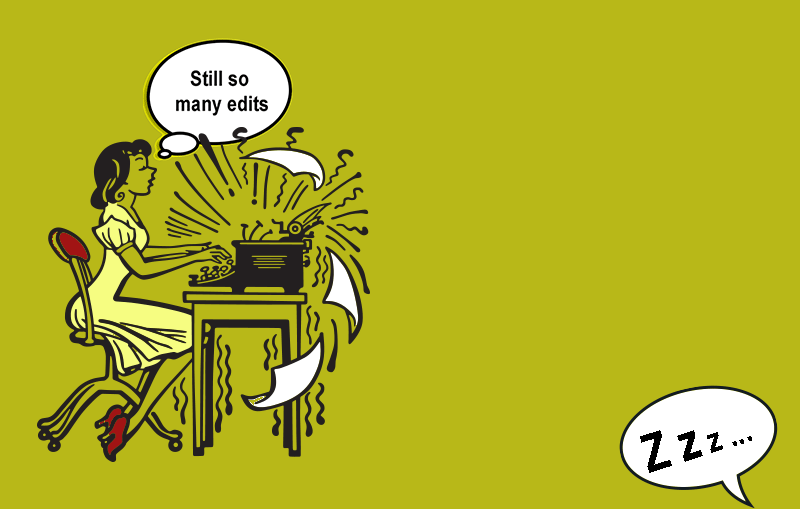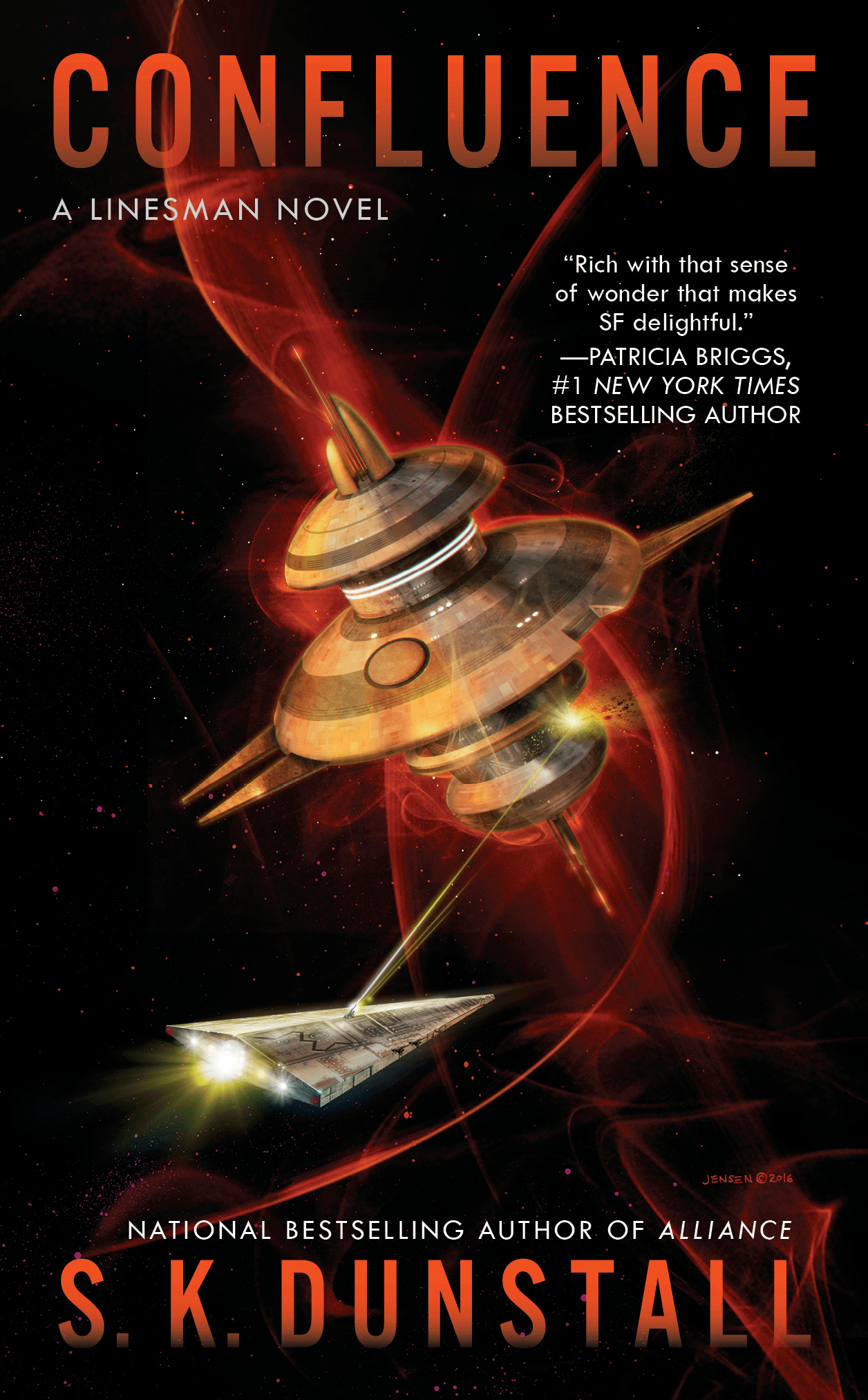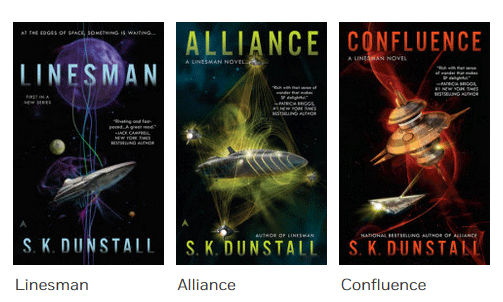
I don’t know why it is, but I do my most productive writing on the train on the morning commute, and in coffee shops.
Food courts and McDonald’s restaurants are my offices-away-home.
I have stopped doing my most creative writing at home.
When it comes to editing, however, the opposite applies. I do that best at my desk, with the full size keyboard and two monitors, where I can easily switch between my notes and the work-in-progress.
In an ideal world, one would be able to write anywhere, any time. And sometimes I can. When I’m on a writing roll the only thing that stops me are work deadlines.
(Work deadlines are a real writing strangler. As in—I really don’t want to get off this train because I’ve already done 500 words on my commute, and I know if I could keep writing I would rack up another 500 in the same amount of time, but I have to go to work. So why don’t I sneak into this café for a quick coffee and do some more writing—But the guilt sets in. How do I explain being so late? And I now have to work the extra time at the end of the day. (Lucky my hours are flexible.) Oh, coffee is finished and I’ve only done 50 more words. Sigh. I should have gone straight to work.)
Part of the reason I can write so well on the commute and in cafes is because I’ve trained myself to do it. Years of pulling out the laptop as soon as I sit down on the train, or immediately after I’ve ordered coffee. My brain knows these are the signals to start writing.
